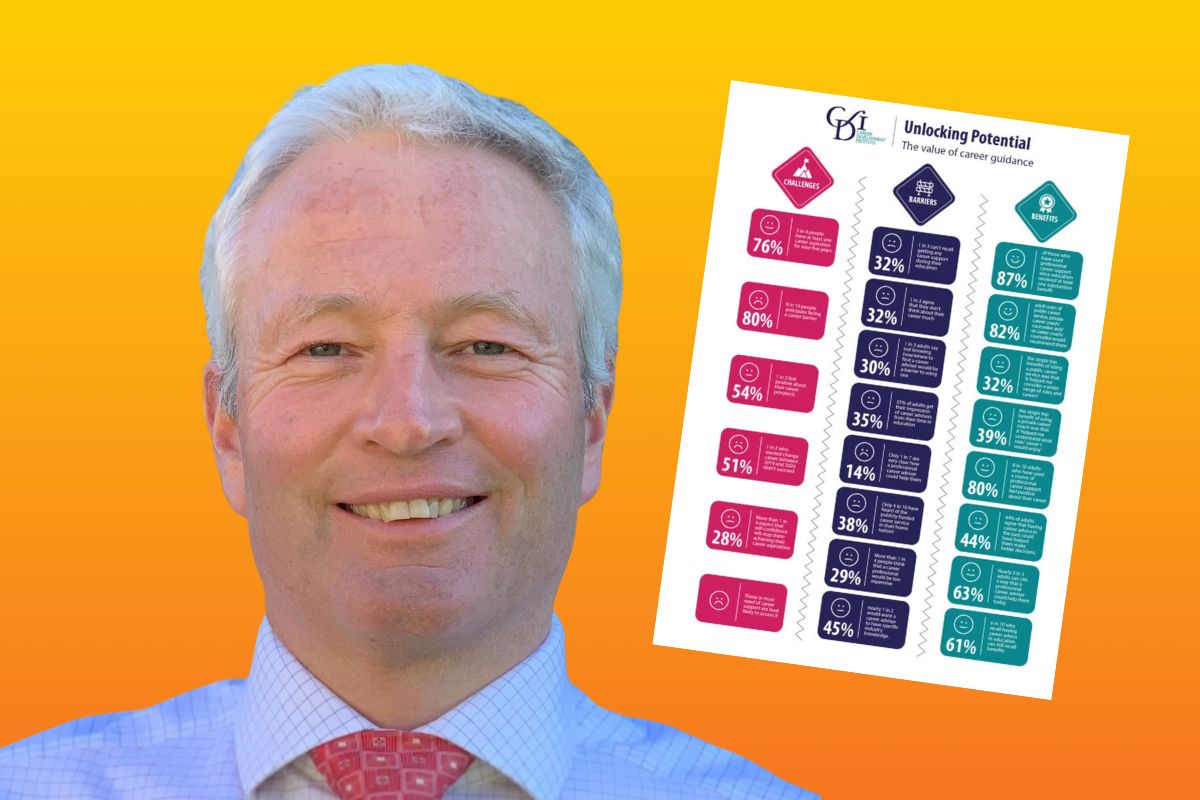PM’s proposal for compulsory maths from ages 16-18 to be examined by Education Committee

Government proposals for compulsory maths to 18
Tuesday 7 February at 10:00, Committee Room 15
Watch live on parliamentlive.tv
The Education Committee will question the pros, cons and practicalities of Prime Minister Rishi Sunak’s proposals to move towards a system where all children study some form of maths to 18.
This one-off session follows a speech by the PM on 4 January in which he said the education system should “reimagine” its approach to numeracy.
He said: “I am now making numeracy a central objective of the education system. That doesn’t have to mean compulsory A level maths for everyone. But we will work with the sector to move towards all children studying some form of maths to 18.”
The cross-party Committee will question witnesses from the National Education Union, the Association of School and College Leaders, and the National Foundation for Education Research, on challenges around training and hiring maths teachers.
MPs will also question experts from the Royal Society and education charity National Numeracy on the current quality of maths teaching, and what a system of studying maths to 18 should look like.
The last major reforms came in 2015, with an upgrade to GCSE maths that was seen to have made the subject more demanding. The Government at the time issued guidance for schools to increase the time spent teaching maths.
Meanwhile, a ‘core maths’ subject was also introduced for post-16s who wished to continue developing their skills without undertaking a full A-Level. The Committee will question whether the most suitable way of continuing maths teaching after secondary school could be through an expansion of the core maths qualification or with T-Levels.
Educational policy in England already requires those who achieve lower than grade 4 in GCSE maths at age 16 to continue to study towards GCSE maths post-16. This is a condition of school and college funding for students aged 16-19.
Witnesses from 10:00
- Sir Martin Taylor, Chair of the Advisory Committee on Mathematical Education, Royal Society
- Niamh Sweeney, Deputy General Secretary, National Education Union
- Jack Worth, School Workforce Lead, National Foundation for Education Research
- Sam Sims, Chief Executive, National Numeracy
- Kevin Gilmartin, Post-16 and Colleges Specialist, Association of School and College Leaders (ASCL)











Responses